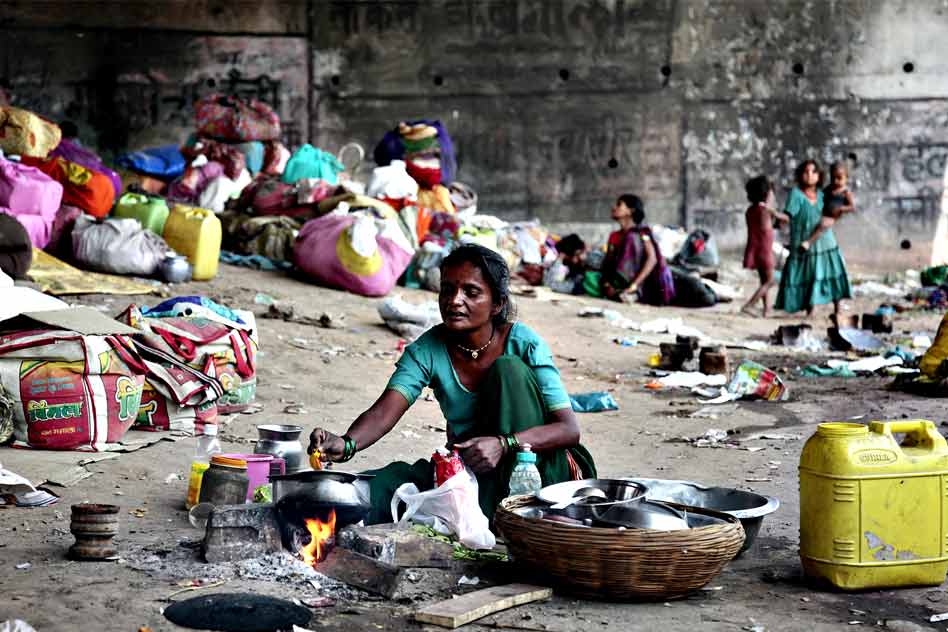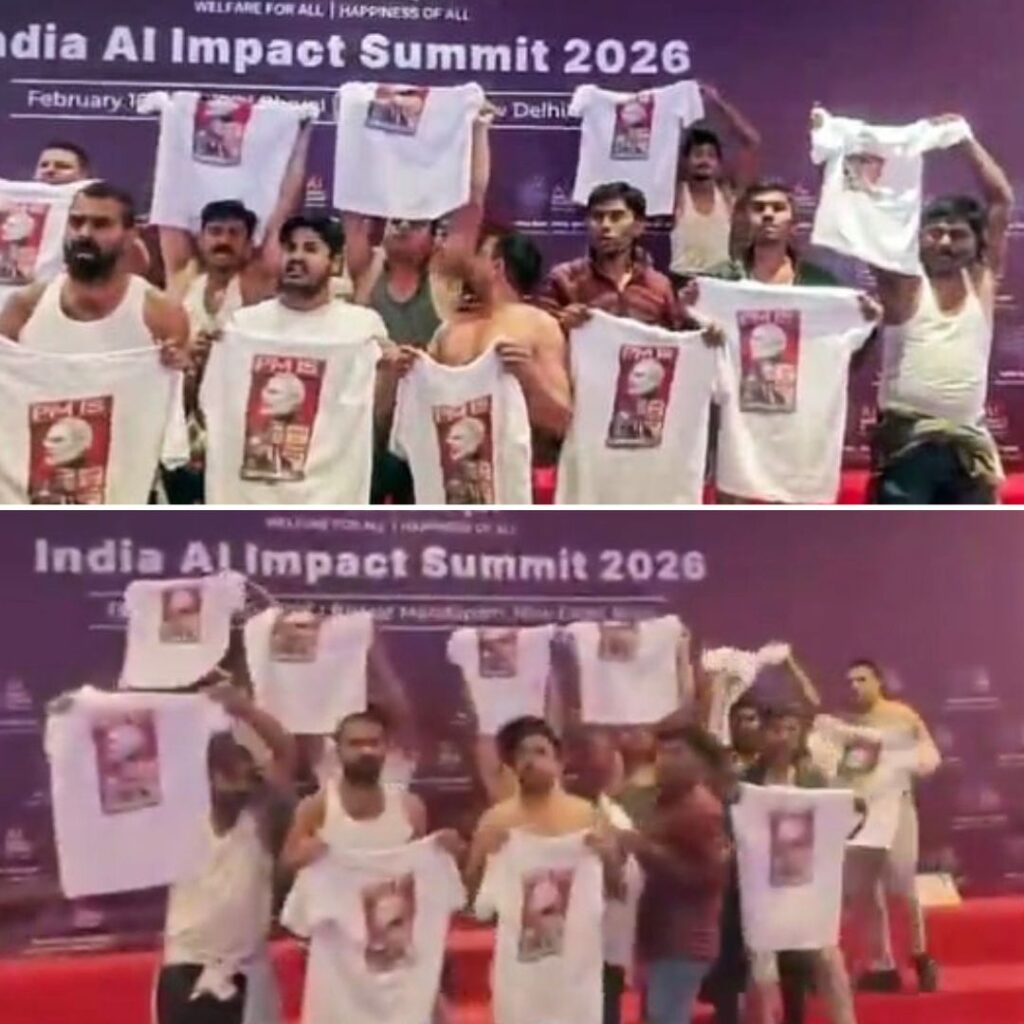Inequality concerns with the uneven distribution of a commodity in a population. This can be wealth, education, healthcare etc. Inequality is a problem faced by most countries in the world.
Inequality in India is not only a major problem, it is also very widespread. Beggars outside luxury hotels, slums beside skyscrapers, vagrants outside gold-studded places of worship – inequality is highly visible in India.
A recent report this year by the Boston Consulting Group (BCG) revealed that over 20% of India’s wealth is controlled by only 928 households. India ranked 4th globally among countries having ultra-net worth households. Furthermore, households with wealth more than $1 million controlled 36% of India’s financial wealth. The percentage is predicted to increase in the next decade.
To put things into perspective, India has approximately 192 million households. This means that less than 0.0005% of the households in India control 20% of our national wealth. Think about that for a minute.
Additionally, a study conducted by the UNDP (United Nations Development Programme) concluded that “significant inequalities across Indian states impact human development outcomes … considerable gains are possible by reducing the extent of inequality in other dimensions of human development such as education and health.” The report stated that while India’s economy looked healthy, it lost 30% of its value when adjusted for inequality.
So why does inequality persist in India? One answer is population growth. India has a growth rate of 1.25%, and will become the world’s most populous country by 2025. The World Bank estimates that 23.6% of the Indian population lives below the global poverty line – that’s 276 million people, a huge number. And with no concrete family planning programmes, an increasing population burdens the government and increases poverty.
Another reason for inequality is social divisions – particularly the caste system. Any social stratification hurts the economy, leading to more inequality. Be it gender bias, racial bias, caste bias, homophobia – social inequality hurts the nation in various indirect ways, leading to increased economic inequality.
Other causes of inequality include illiteracy, property laws, social stratification and the absence of a proper healthcare system. Each of them is complex; but they are all pressing matters that the Government must tackle delicately.
The barriers that divide our nation have to be broken down so that we become an inclusive society, which will lead to an inclusive economy, and thus less poverty and more equality. For this to happen, we need agricultural research, proper land reforms, increase in per capita food production, education reforms, gender equality, and an active Government which will deliver these needs. Fighting inequality means building India. And we all must work towards that goal.
Sources:
http://www.in.undp.org/…/bridging_india_sinequalitydivide.h…
http://www.livemint.com/…/BCG-wealth-report-928-Indian-hous…
http://www.st-andrews.ac.uk/~dib2/asia/inequality.html












